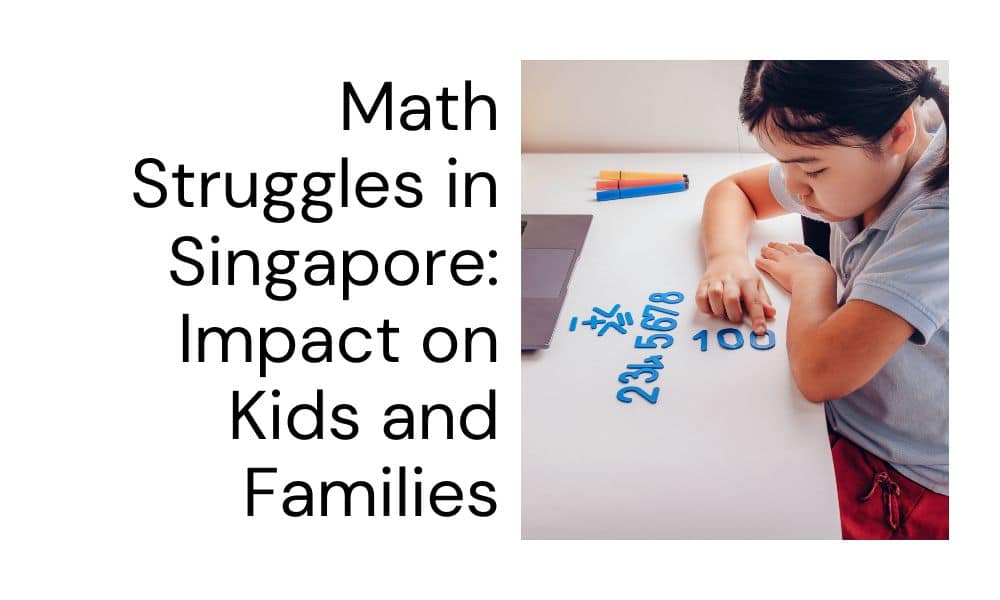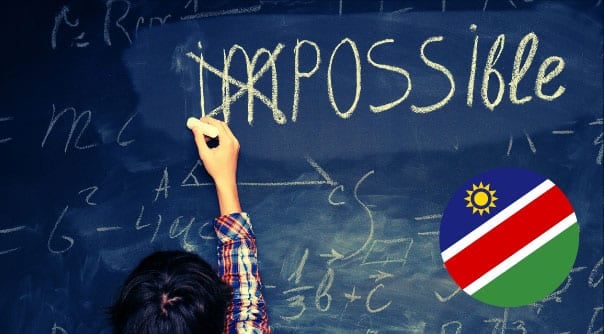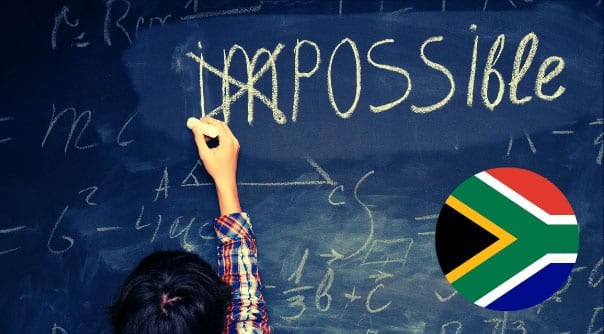
For several decades, the Singapore Education System has been renowned for its unique, high-performing, and novel approach to mathematics learning. The country consistently reaches the #1 spot worldwide for math performance, according to multiple scales, including the Trends in International Mathematics and Science Study (TIMSS).
That said, the education system also places considerable pressure on each individual child to excel in mathematics. This high level of stress can negatively impact a child’s academic development, especially considering the interpersonal and social consequences of low performance in Singapore.
So, for children who may suffer from a learning disability or simply have difficulty grasping math concepts, the rigorous Singapore Math system can have a serious impact on both children and their families.
In this article, we will look deeper into Singapore Math and explore its effect on struggling children.
Want more support? Book a free consultation to talk about your child’s learning needs.
Table of contents:
What is Singapore Math?
A global leader in math
What if my child struggles with math?
Math difficulties in Singapore
Support for struggling students
What is Singapore Math?
The core theory behind Singapore Math is the systematic and progressive approach to math concepts. In other words, mathematical theories are taught sequentially using a building-block approach.
The idea is that this removes the necessity for memorization and instead helps children learn how to think mathematically. In the early levels, students will learn from abstract topics, with new skills and ideas continually being taught.
Singapore Math has a reputation for its effectiveness. It allows students to become more resourceful. By understanding the concepts behind math, they can apply it at a deeper level.
How it works
The Singapore curriculum follows a CPA Approach:
- Concrete – Connects the problem to something tangible
- Pictorial – Create a visual representation of how the numbers connect
- Abstract – Utilize an equation that is relevant to the problem
These three steps are consistently used to connect math to real life. Through this method, students progress through different levels of abstraction in order to comprehend the concepts.
A global leader in math
In Singapore, this mathematical problem-solving approach is heavily emphasized. Globally, it has built up a reputation for being a highly effective system.
Singapore consistently has the highest TIMSS score, averaging around 625 each year. They also manage high scores on the PIRLS exam, with a score of 587 in 2021. PIRLS stands for Progress in International Reading Literacy Study and is an international assessment and research project designed to measure reading achievement at the fourth-grade level.
In other words, Singapore has become a global leader in math comprehension and problem-solving. However, while the numbers are promising, it is important to understand how this renowned and highly valued system can affect children socially and individually.
Inequality may lower performance
One major finding was that the TIMSS score is negatively affected by social inequality. Statistically, children who come from lower socioeconomic backgrounds tend to perform more poorly. This is relevant globally and nationally in Singapore.
Naturally, this can have a major impact on a child’s career outlook, especially in a culture that strongly values performance-based markers.
Children who enjoy math perform better
Another interesting impact is that children who enjoy the learning process tend to perform better. Students who enjoy learning mathematics are better at it than students who do not care about it. The TIMSS achievement difference between fourth-grade students who enjoy learning mathematics a lot (513) and those who do not enjoy it a lot (476) is about 37 points. In eighth grade, the difference is 61 points. (20 Years of TIMSS, page 72).
Singapore is a high-scoring country with a low level of students who do not express enjoyment. This means that at a social level, most students enjoy math and achieve good grades in the subject.
What if my child struggles with math?
Math difficulties can cause anxiety, depression, social isolation, and other mental health issues. When children consistently struggle with math to a rather extreme level, this can be categorized as dyscalculia. There are different types of dyscalculia, but all of them result in children struggling in their math classes.
Children with dyscalculia will find math increasingly difficult, regardless of the curriculum being taught. In other words, children in Singapore may also suffer from it.
Math difficulties in Singapore
If your child has dyscalculia to any degree, the problem may be exacerbated in the case of Singapore.
While the education system repeatedly shows high-achieving results nationally, students who struggle with math may find themselves with compounded difficulties. As the country and culture have a very high standard for academic performance, this pressure may cause additional problems for Singaporean children.
Here are a few examples of some of the negative consequences for children who struggle with math in Singapore.
Increased anxiety
One of the consequences for children who struggle with math is an increased level of anxiety. This anxiety has its own name: math anxiety, which can turn into math phobia. Add to this a heightened level of pressure combined with the frustration of not being on par with peers, and you have a sure recipe for math anxiety.
If left untreated, this anxiety can continue to cause more severe consequences throughout the child’s developmental years. From depression to low self-esteem, struggling in math can eventually lead to significant issues for Singaporean children.
Heavy emphasis on exams
At a high level, Singaporean culture highly values academic performance. These types of markers are often a sign of success for an individual.
This means that low performance can often become a significant barrier for children as they age into adulthood. From making access to university more difficult to limiting their potential in the workforce, these scores on academic exams can have a tangible effect on their lives.
Social anxiety
Finally, as the culture highly values performance-based results, this has a significant impact on a child’s social development.
Students who struggle academically may also struggle to make friends, feel confident, and engage with peers. Bullying has a prevalence rate of 23.8% in Singapore, which also has an impact on a child’s socialization.
Support for struggling students
Even though the Singapore Math system has proven highly effective, it is crucial to consider each child’s unique learning requirements.
If your child struggles with math in Singapore, they may need additional support to overcome these difficulties. Whether they suffer from dyscalculia or simply need some extra attention, finding the proper help may make all the difference.
At Edublox, we empower children to realize their educational goals and alleviate their challenges. Feel free to reach out for a free call.
Edublox offers cognitive training and live online tutoring to students with dyslexia, dysgraphia, dyscalculia, and other learning disabilities. Our students are in Singapore, the United States, Canada, Australia, and elsewhere. Book a free consultation to discuss your child’s learning needs.
References and sources:
Khong, J. Z. N., Tan, J. R., Elliott, J. M., & Fung, D. (2018). Bullying among adolescents in Singapore. Prevalence, trends and mental health correlates. Conference: 13th International Conference on Child and Adolescent Psychopathology. Researchgate.net.
Mullis, I. V. S., Von Davier, M., Foy, P., Fishbein, B., Reynolds, K. A., & Wry, E. (2023). PIRLS 2021 International Results in Reading. Boston College, TIMSS & PIRLS International Study Center. https://doi.org/10.6017/lse.tpisc.tr2103.kb5342
Mullis, I. V. S., Martin, M. O., Foy, P., & Hooper, M. (2016). TIMSS 2015 International Results in Mathematics. Retrieved from Boston College, TIMSS & PIRLS International Study Center website: http://timssandpirls.bc.edu/timss2015/international-results/


